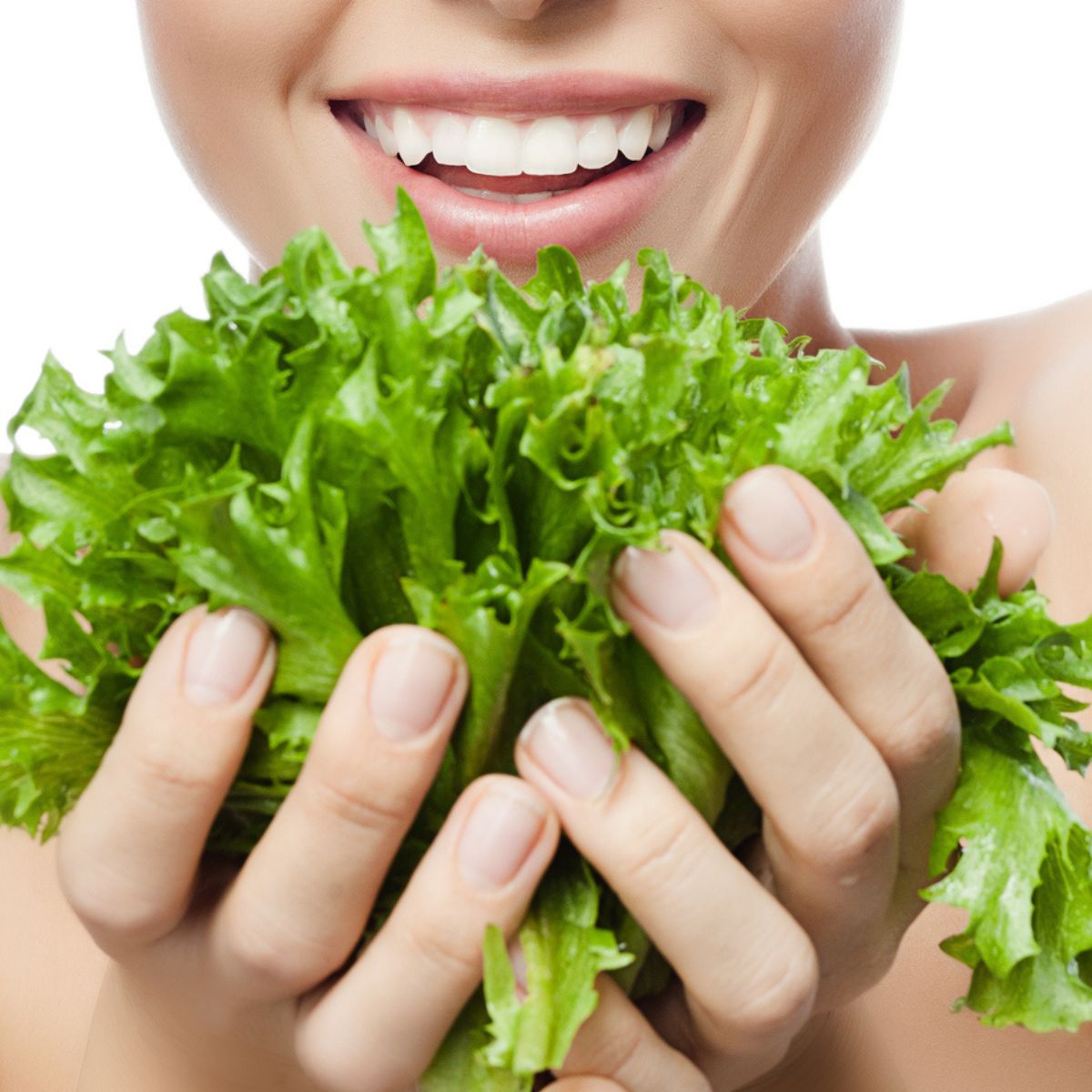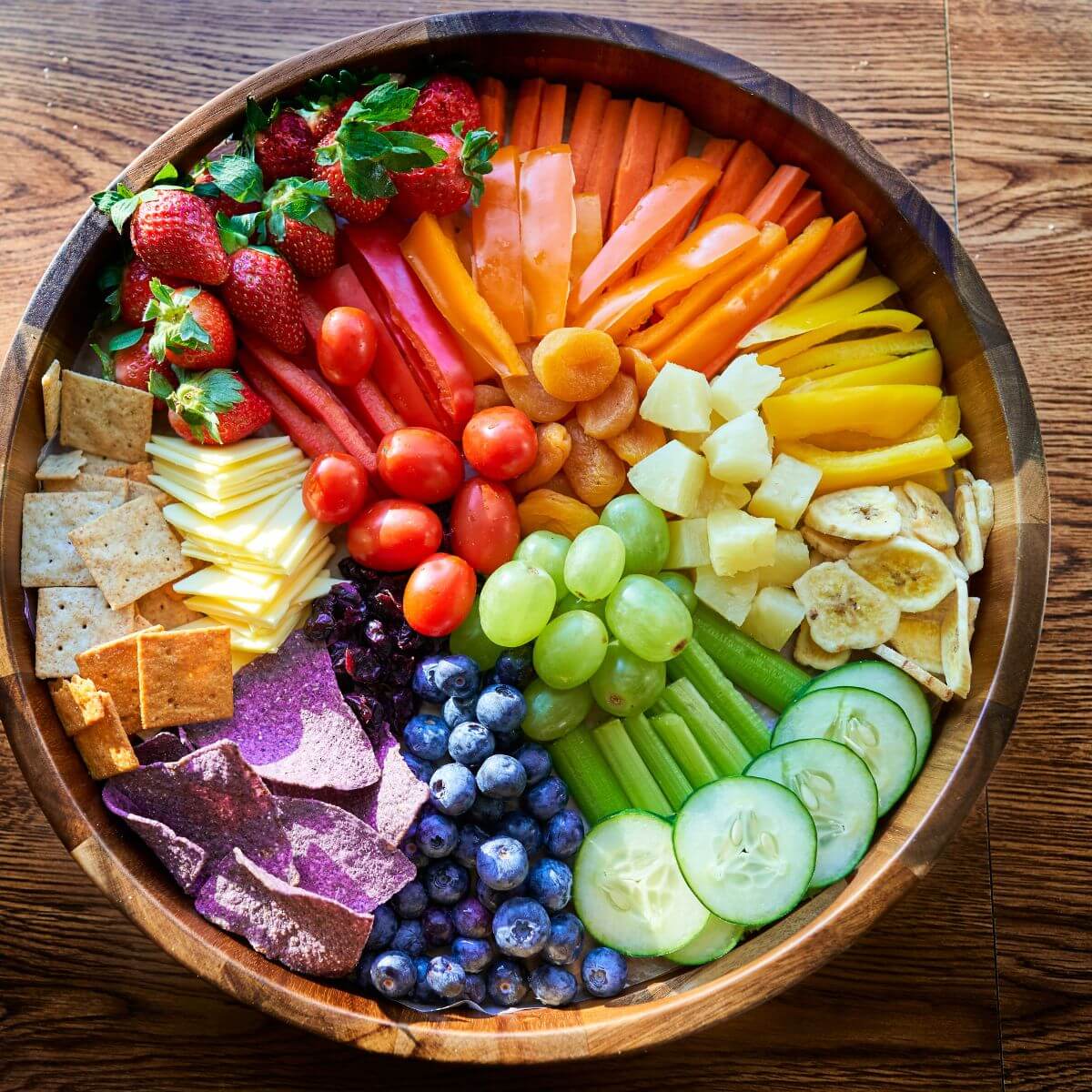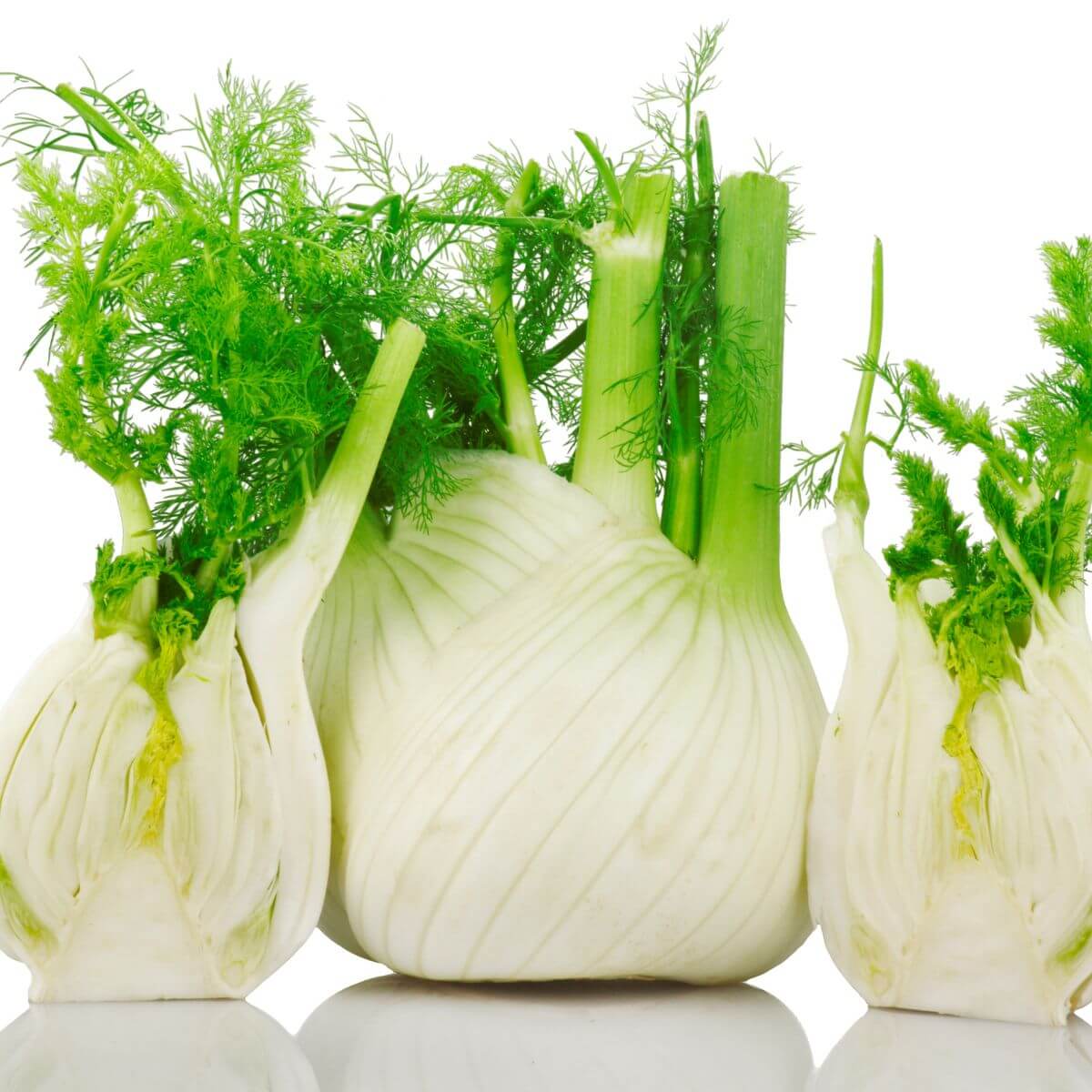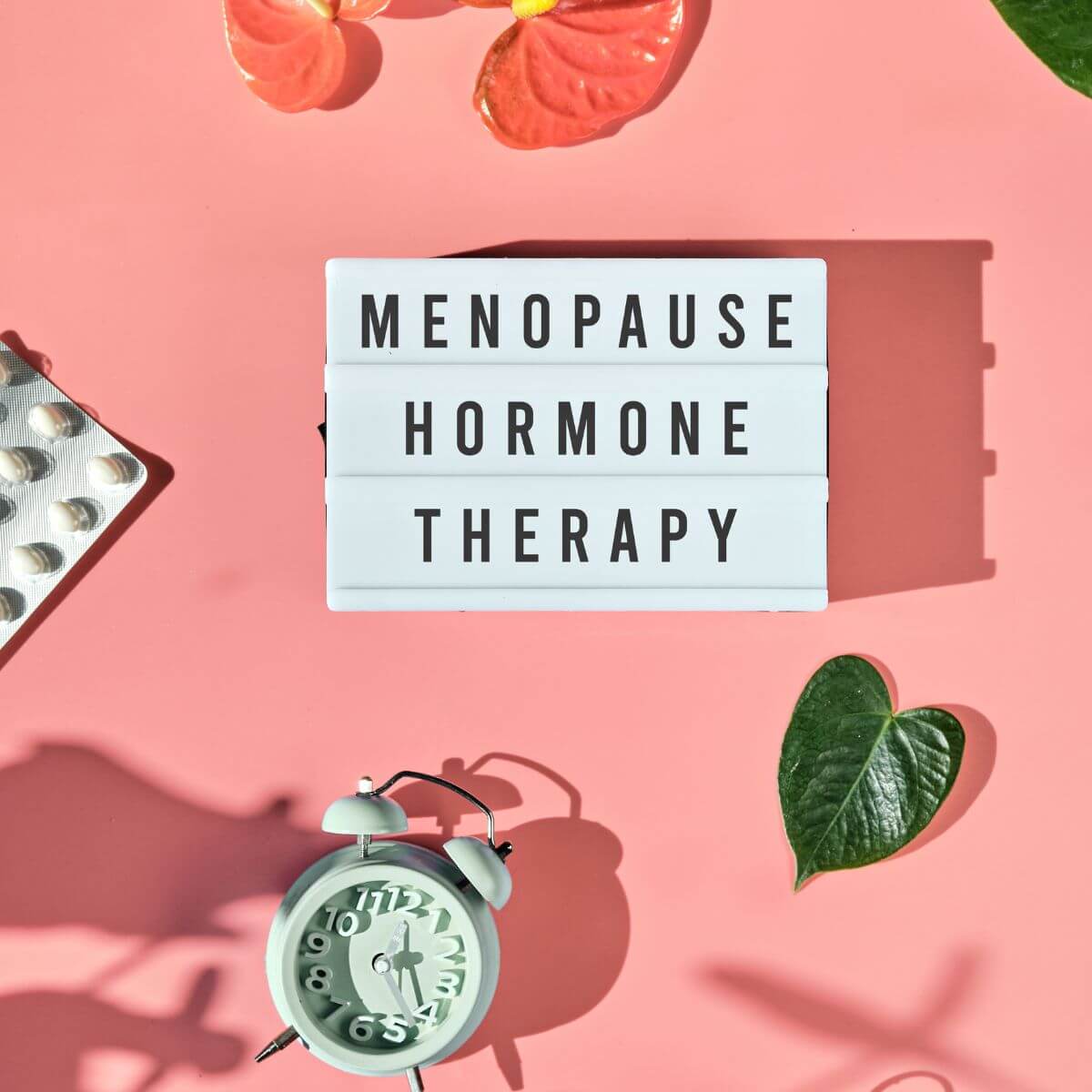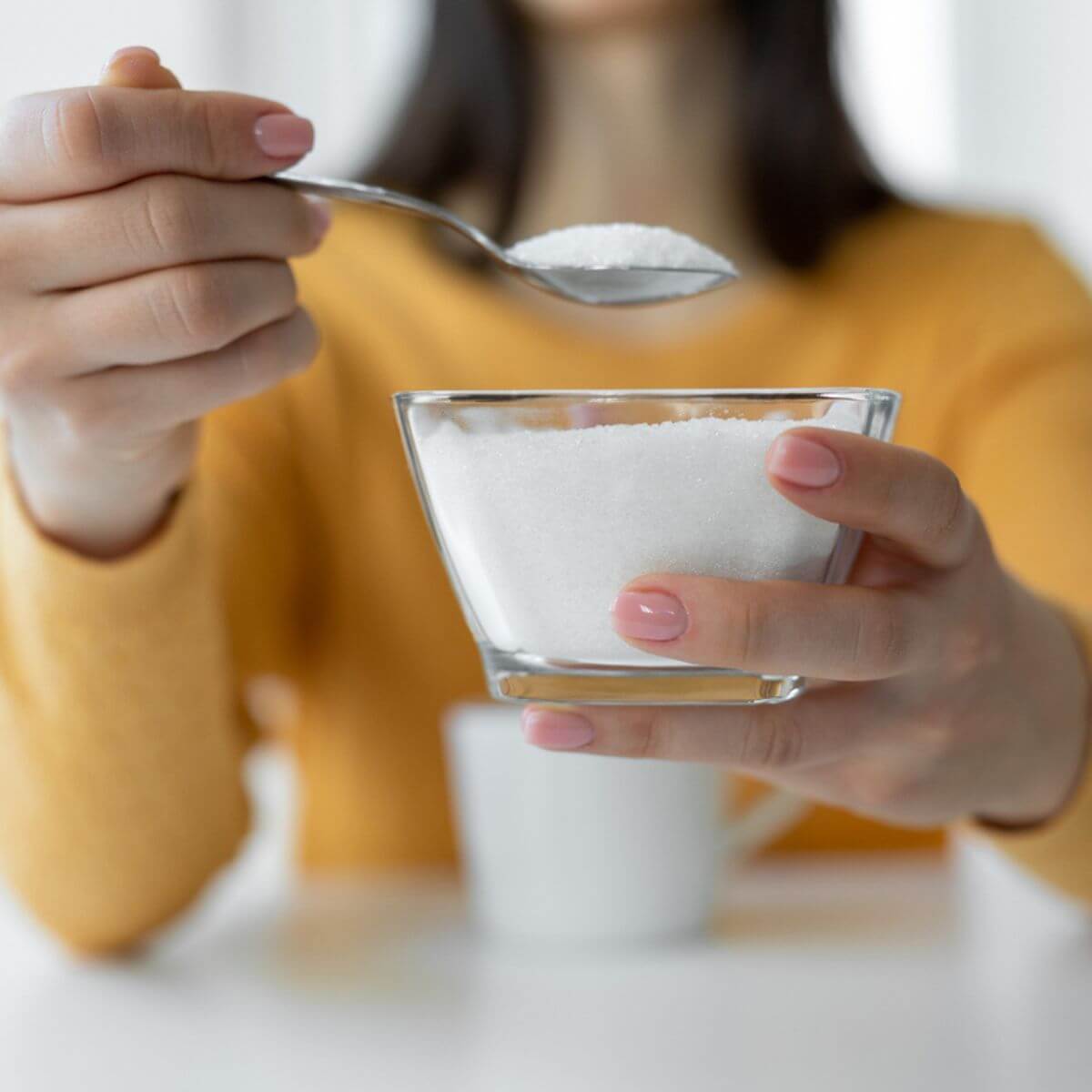Is there one perfect best food for healing the skin? Can you achieve healthy, clear skin by simply changing up the food you eat? If you want to improve your skin health, try adding these types of foods to help clear and heal your skin.

Your skin is your largest organ, and it plays a vital role in your overall health and wellness. It protects what’s inside you by keeping water and nutrients in, while keeping harmful bacteria and viruses out.
Your skin helps maintain your body temperature and makes vitamin D when exposed to the sun. It’s also full of nerve endings to help you sense the outside world and avoid damage from things that are too hot, cold, or sharp.
Skin care isn’t only something we need to do on the outside. What we eat and drink affects all of our vital organs—including our skin.
Here is a list of the essential nutrients you need to keep your skin nourished, so it can play its many fundamental roles and look its best.
Best Foods for Healing the Skin From the Inside Out
Your skin is a complex organ and needs various nutrients every day to stay healthy. That’s why it is key to include certain foods designed to improve your skin and reveal clear, glowy healthy skin.

Foods to Eat for Healthy Skin
Here are some of my top recommendations for the best foods you should eat for clear, healthy skin.
WATER
You may not always think about water as an essential nutrient, but it is. Water plays many important roles in your body.
It’s the main component in your cells and fluids. It allows you to maintain your body temperature, and it provides shock absorption for your joints. It’s no wonder that adults are 60% water.
When it comes to our skin, water is just as essential. Your skin has three layers.
The outermost layer—the one you see and feel—is called the epidermis.
The middle layer is the dermis, and underneath that is your hypodermis. When your epidermis doesn’t have enough water, your skin feels rough and loses elasticity. The water your epidermis needs comes from the inside.
One clinical study found that when participants who didn’t drink a lot of water increased their intake, their skin became more hydrated, and their skin’s “extensibility” improved within 2 weeks.
Drinking more water can help skin hydration, and may be beneficial if you have dry skin or don’t drink enough water.
How much water do you need every day? According to the Mayo Clinic, women should aim for 2.7 L (11.5 cups) of fluids per day, while men should aim for 3.7 L (15.5 cups) per day.
Note that these fluids can come from drinking water or other drinks, and can even come from water-rich foods like soups, fruits, and vegetables.
Your personal water needs may be higher if you sweat a lot (from physical activity or living in a hot, humid environment), if you are pregnant or breastfeeding, or if you are prone to urinary or digestive tract conditions (kidney stones, vomiting, diarrhea).

PROTEIN
It is an essential macronutrient, which means you need a lot of it every day (more than with micronutrients like vitamins, where you need much smaller amounts every day).
Protein makes up parts of your cells, immune system antibodies, and the enzymes needed for thousands of reactions (including digestion). Your body’s main structure is also made from proteins.
This includes your bones, muscles, organs… and skin. Different proteins are made by combining different building blocks called amino acids.
Your skin is made up of several different proteins.
For example, collagen and elastin are plentiful and build up the structure of your skin. Over time, and with exposure to the elements, your body’s ability to produce collagen decreases.
Keratin is another important protein in your skin. Keratin makes up the outer epidermis layer, giving it rigidity and enhancing its barrier protection.
The recommended daily amount of protein is based on your body weight.
For every 20 pounds you weigh, you should try to get just over 7 grams of protein each day. This means a person who weighs 140 lbs needs about 50 g protein/day, while someone who weighs 200 lbs would need about 70 g protein/day.
Protein is found in meat, poultry, fish, dairy, and eggs. Plant-based sources of protein include soy, lentils, beans, nuts, seeds, whole grains, and even vegetables like corn, broccoli, and asparagus.
Which one of these protein rich foods that helps improve skin health will you try today?

ESSENTIAL FATTY ACIDS
There are two types of fatty acids that are essential nutrients for our health and our skin. They are linoleic acid (omega-6) and linolenic acid (omega-3).
Omega-3 fatty acids are antiinflammatory and have been linked to many health benefits, including improvements in rheumatoid arthritis, ulcerative colitis, diabetes, heart disease, and psoriasis, to name a few.
A higher intake of linoleic acid is associated with lower levels of skin dryness and thinning as skin ages.
On the other hand, a lack of fatty acids is linked to increased water loss from the skin, drying it out and causing weakness in the protective outer barrier.
ESSENTIAL FATTY ACID FOODS AND HEALTHY SKIN
You can get these essential fatty acids from eating fish (salmon, tuna), shellfish, nuts (walnuts), seeds (flax, chia, pumpkin, sunflower, sesame), oils (soy, canola), leafy vegetables, and avocados.
Essential fatty acids are also available in fish oil supplements, which may contain additional vitamins and minerals.
Vitamin C
This vitamin is an essential nutrient and has several functions, including making other nutrients more absorbable and available. It is a water-soluble antioxidant vitamin that plays many roles in your body, including in skin health.
A deficiency of vitamin C (scurvy) results in skin lesions, as well as skin easily bruised and slow to heal. This is, in part, because of Vitamin C’s role in stabilizing the protein collagen.
Another sign of Vitamin C deficiency in the skin affects hair follicles and can cause “corkscrew hairs.” These are examples of why Vitamin C is so important for skin health.
Every day you should aim for at least 75 mg of Vitamin C.
Fruits and vegetables are rich sources In particular, bell peppers, citrus fruits (oranges, grapefruits), broccoli, cauliflower, strawberries, kiwis, blackcurrants, potatoes, rose hip, and parsley.
Vitamin E
Vitamin E is a group of essential vitamins called tocopherols.
They are fat-soluble antioxidants that work synergistically with Vitamin C. When given together, vitamins C and E (and zinc) can speed up wound healing. Deficiency of Vitamin E is linked to red, dry skin.
Vitamin E is often applied directly (topically) on the skin to reduce redness and some of the effects of sun damage. Also, ingesting Vitamin E helps the skin from the inside by protecting collagen and fats from breaking down.
One clinical study successfully improved symptoms of dermatitis (skin inflammation) in participants who took vitamin E supplements over several months. So, you see how foods rich in vitamin E can help improve and heal the skin from the inside out.
The recommended daily allowance for Vitamin E (alpha-tocopherol) is 15 mg.
You can get Vitamin E in vegetables, oils (wheat germ oil, olive oil, vegetable oil, sunflower oil), nuts (almonds, hazelnuts), spinach, broccoli, corn, kiwis, and soy.
Skin Care Beyond Nutrition
While nutrition is essential, and I’ve covered my top 5 recommendations above, don’t forget other important skin care practices that help protect and nurture your skin.
- Use gentle cleansers and warm (not too hot) water to keep skin clean.
- Moisturize after taking a shower or washing your hands.
- Avoid things that bother your skin such as harsh cleansers, fragrances, and irritating fabrics.
- If you have allergies or intolerances (e.g., to gluten or pollen), avoid those.
- Limit your sun exposure and use sunscreen as appropriate.
- Be physically active.
- Try to get enough quality sleep.
- Use a humidifier and wear gloves when the weather is dry and cold.
- Avoid tobacco.
Foods to Eat for Healthy Clear Skin
Want to try some clear skin recipes that can help heal your acne and skin issues? Try them today.
- 4 Easy to Make Clear Skin Smoothies For Acne Prone Skin
- Onion Tea with Apple & Turmeric for Skin Benefits
- Radiant Clear Skin Breakfast Solution Chia Seed Pudding
- Green Juice Recipe for Glowing Skin
- Agua Fresca Pretty Water Recipes for Skin Health
The nutrients you consume feed your whole body—including your skin.
As your largest organ with many critical roles, your skin needs various nutrients every day. Water, protein and essential fatty acids are important macronutrients.
While the antioxidant vitamins C and E are among the micronutrients your skin needs to heal and stay healthy.
In addition to nutrition, caring for the outside of your skin is also important. Using gentle cleansers, warm water, and moisturizers, and avoiding irritants and allergens will help.
If you have any medical concerns with your skin, see your healthcare professional.
For a nutritious approach to skin health, consult a nutritionist who can work with your concerns and dietary restrictions. I can help. I created an online nutrition program, Balanced Hormones – Clear Radiant Skin Program.
Is your skin suffering from a lack of nutrition? Need help to identify what best foods to eat for your skin to begin healing and reveal healthy skin? Looking for ways to implement delicious skin-boosting foods into your daily life? See if my program can help you.
Let’s Discuss Foods to Improve Skin Health
So, were you surprised to discover that certain foods are best to help heal and improve your skin health? Which food to help heal and clear the skin will you try today? Share your experiences in the comments below. If you want to read more about healthy eating, join the featured nutrition challenge.
You can also connect with me @Eat_Your_Nutrition on Instagram. I love seeing your photos. #EatYourNutrition #LauraVillanueva
REFERENCES
Cleveland Clinic. (2016, March 17). Skin. Retrieved from https://my.clevelandclinic.org/health/articles/10978-skin
Harvard Health. (2018, May). Getting rid of the itch of eczema. Retrieved from https://www.health.harvard.edu/diseases-and-conditions/getting-rid-of-the-itch-of-eczema
Harvard Health. (2018, November). Can a gluten-free diet help my skin? Retrieved from https://www.health.harvard.edu/staying-healthy/can-a-gluten-free-diet-help-my-skin
Harvard T.H. Chan School of Public Health (n.d.). Protein. Retrieved from https://www.hsph.harvard.edu/nutritionsource/what-should-you-eat/protein/
Hodges, A. L., & Walker, D. K. (2017). Skin Care for Women. Nursing for women’s health, 20(6), 609–613. https://doi.org/10.1016/j.nwh.2016.10.001
https://pubmed.ncbi.nlm.nih.gov/27938801/
Huang, T. H., Wang, P. W., Yang, S. C., Chou, W. L., & Fang, J. Y. (2018). Cosmetic and Therapeutic Applications of Fish Oil’s Fatty Acids on the Skin. Marine drugs, 16(8), 256. https://doi.org/10.3390/md16080256
https://www.ncbi.nlm.nih.gov/pmc/articles/PMC6117694/
Keen, M. A., & Hassan, I. (2016). Vitamin E in dermatology. Indian dermatology online journal, 7(4), 311–315. https://doi.org/10.4103/2229-5178.185494
https://www.ncbi.nlm.nih.gov/pmc/articles/PMC4976416/
Mayo Clinic. (2020, October 14). Water: How much should you drink every day? Retrieved from https://www.mayoclinic.org/healthy-lifestyle/nutrition-and-healthy-eating/in-depth/water/art-20044256
Mayo Clinic. (2020, November 21). Does drinking water cause hydrated skin? Retrieved from https://www.mayoclinic.org/healthy-lifestyle/adult-health/expert-answers/hydrated-skin/faq-20058067
NIH National Institute of Arthritis and Musculoskeletal and Skin Diseases (2019, July). Healthy Skin Matters. Retrieved from https://www.niams.nih.gov/health-topics/kids/healthy-skin#tab-id-2
MORE REFERENCES
NIH News in Health. (2015, November). Keep your skin healthy. Retrieved from https://newsinhealth.nih.gov/2015/11/keep-your-skin-healthy
NIH Office of Dietary Supplements. (2020, February 27). Vitamin C. Retrieved from https://ods.od.nih.gov/factsheets/VitaminC-HealthProfessional/
NIH Office of Dietary Supplements. (2020, July 31). Vitamin E. Retrieved from https://ods.od.nih.gov/factsheets/VitaminE-HealthProfessional/
Palma, L., Marques, L. T., Bujan, J., & Rodrigues, L. M. (2015). Dietary water affects human skin hydration and biomechanics. Clinical, cosmetic and investigational dermatology, 8, 413–421. https://doi.org/10.2147/CCID.S86822
https://www.ncbi.nlm.nih.gov/pmc/articles/PMC4529263/
Schagen, S. K., Zampeli, V. A., Makrantonaki, E., & Zouboulis, C. C. (2012). Discovering the link between nutrition and skin aging. Dermato-endocrinology, 4(3), 298–307. https://doi.org/10.4161/derm.22876
https://www.ncbi.nlm.nih.gov/pmc/articles/PMC3583891/
University of Michigan Medicine. (2019, August 21). High protein foods for wound healing. Retrieved from https://www.uofmhealth.org/health-library/abs1199
